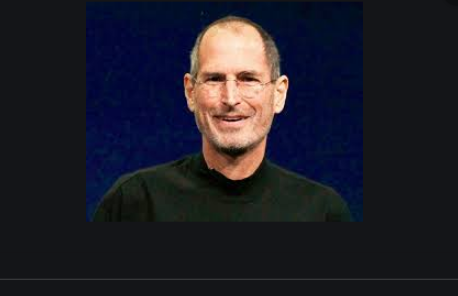It was an astonishing private admission:
這種私下的說法讓人吃驚,無異于承認:
Microsoft had again been caught flat-footed, and it would again try to catch up by copying Apple.
微軟再一次被趕超,被打了個措手不及,它也將再次復制蘋果的模式,奮起直追。
But like Sony, Microsoft could never make it happen, even after Jobs showed the way.
但是和索尼一樣,微軟從來都沒有完成這個任務,即使喬布斯已經(jīng)給他們指明了方向。
Instead Apple continued to smoke Microsoft in the way that Cole had predicted:
事實上,蘋果繼續(xù)向微軟開火,而且還是以科爾預計到的方式
It ported the iTunes software and store to Windows.
蘋果把iTunes軟件和商店引入到了Windows系統(tǒng)。
But that took some internal agonizing.
但是這也引起了內部的激烈爭論。

First, Jobs and his team had to decide whether they wanted the iPod to work with Windows computers.
首先,喬布斯和他的團隊需要決定是否要讓iPod和Windows計算機兼容。
Jobs was initially opposed.
起初,喬布斯是反對的。
"By keeping the iPod for Mac only, it was driving the sales of Macs even more than we expected," he recalled.
他回憶道:“如果iPod只能用在蘋果機上,就可以促進蘋果機的銷售,而且銷量比我們預期的更多。”
But lined up against him were all four of his top executives: Schiller, Rubinstein, Robbin, and Fadell.
但是4位主要髙層--席勒、魯賓斯坦、羅賓和法德爾都不同意他的觀點。
It was an argument about what the future of Apple should be.
他們的爭論主要圍繞蘋果公司的未來。
"We felt we should be in the music player business, not just in the Mac business," said Schiller.
席勒說:“我們覺得,我們應該立足于音樂播放器市場,而不僅僅是蘋果機。”











